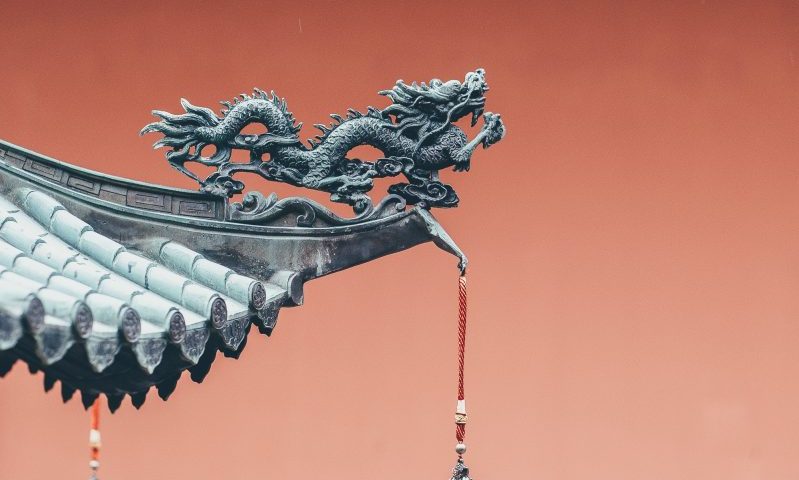Tyvyt (sintilimab injection), an immune checkpoint inhibitor jointly developed by Innovent Biologics and Eli Lilly and Company in China, is now available as a therapy for patients with classical Hodgkin’s lymphoma who failed to respond or whose disease returned after two or more prior lines of chemotherapy.
While combining chemo and radiotherapy is the standard therapeutic option for patients with classical Hodgkin’s lymphoma, 15% to 20% fail to respond to this combo therapy.
“Tyvyt (sintilimab injection) is an example of our success with the National Mega Innovation Program, and its approval highlights our achievements in immunotherapy and contributions to China’s efforts to deliver innovative medicines,” Michael Yu, founder, chief executive officer, and chairman of Innovent, said in a press release.
“I have confidence that Tyvyt (sintilimab injection), with its global quality and cost-effectiveness, will bring better treatment to cancer patients in China,” Yu said.
Tyvyt is an antibody against PD-1, a protein found at the surface of immune T-cells. Binding of PD-1 to the PD-L1 protein — produced by cancer cells — prevents an immune attack, allowing cancer cells to grow uncontrollably. By targeting PD-1 and thereby blocking its interaction with PD-L1, Tyvyt is intended to boost anti-cancer immune responses.
Tyvyt’s approval by the National Medical Products Administration of China (NMPA) was based on positive results from the ORIENT-1 Phase 2 trial (NCT03114683), a multicenter, open-label study that included 96 patients whose disease continued to progress despite two or more prior therapies.
Patients were treated with Tyvyt every three weeks until disease worsening, death, unacceptable toxicity, or withdrawal from the study. More than half of the patients (54.2%) had received radiotherapy.
After a median of nine treatment cycles and a minimum follow-up of 24 weeks, 79.2% of patients had responded to the treatment — in 24% of the cases, the tumor disappeared.
Moreover, 97.9% of the participants achieved at minimum disease stabilization after receiving Tyvyt. The most frequent treatment-related adverse event was fever, detected in 43.8% of patients. The majority of the adverse effects were mild or moderate.
“The efficacy and safety profile of Tyvyt (sintilimab injection) is well-proven in the ORIENT-1 trial. The drug provides a new immuno-oncology treatment option for patients with relapsed/refractory classical Hodgkin’s lymphoma (r/r cHL),” said Li Wang, senior vice president of Lilly China and head of Lilly China drug development and medical affairs.
“Lilly will continue to collaborate with outstanding local pharmaceutical companies to bring more innovative medicines to patients and help in demonstrating local R&D capabilities in [the] global oncology community,”she said.
Tyvyt is being investigated as a potential therapy for other cancers, including non-squamous and squamous non-small cell lung cancer, gastric, liver, and esophageal cancer.


